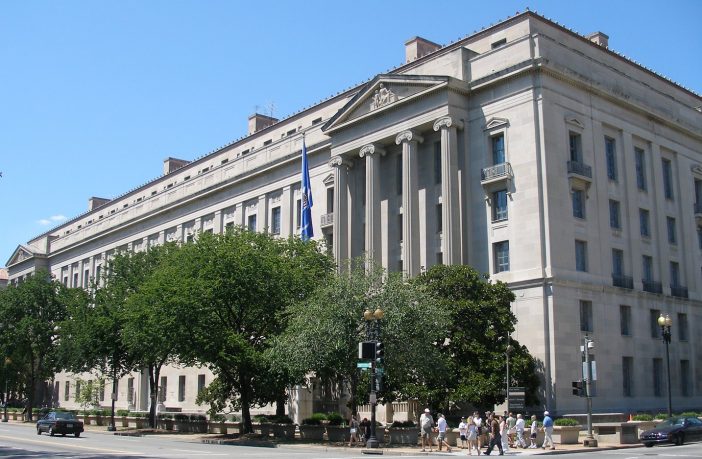On January 6, President-elect Joe Biden announced that he tapped D.C. Circuit Court of Appeals judge Merrick Garland for the role of Attorney General, the position that leads the Department of Justice. Merrick Garland is perhaps most famous for being President Barack Obama’s final nominee to fill a vacancy on the Supreme Court. The Republican-controlled Senate blocked his nomination by refusing to hold hearings, and his nomination expired when Donald Trump became president.
As Attorney General, Garland will have an incredible degree of control and influence over immigration law. The immigration courts – the Executive Office for Immigration Review – are a subordinate agency of the Justice Department. Efforts to stop the growth of the number of sanctuary cities largely falls to the Attorney General through the use of federal grants, and it is hard to think that Garland would continue the Trump Administration’s use of the Justice Department to crack down on those states and localities that ignore immigration law. Further, and perhaps most consequential, any codification or reissuance of the Deferred Action for Childhood Arrivals (DACA) executive amnesty would begin with action from Garland and the Justice Department.
As for Garland himself, what are his views on immigration? The lack of evidence about his views may surprise you. He has not ruled on any significant immigration cases in his time on the court. An article notes that “as a judge on the D.C. Circuit Court of Appeals, Garland has generally been deferential to the executive branch’s interpretation of statutes” and notes that he previously ruled in favor of both the Bush and Obama administrations on multiple cases. This would indicate that Garland believes the president has broad executive authority in a number of matters – including immigration.
President-elect Joe Biden said on the campaign trail that he wanted to send a comprehensive immigration plan to Congress within the first 100 days of his presidency. Biden also promised to removals of illegal aliens for 100 days, reinstate DACA, end enforcement against sanctuary cities, and much more. Many of these plans would move through Garland’s Justice Department and work in concert with the Department of Homeland Security under Alejandro Mayorkas, the architect of DACA.
Unlike Mayorkas, Garland does not have a reputation as an open-borders crusader. But he – and the department he will lead, if confirmed by the Senate – have broad control over matters of immigration law and will be prominent figures in the immigration battles yet to come.




